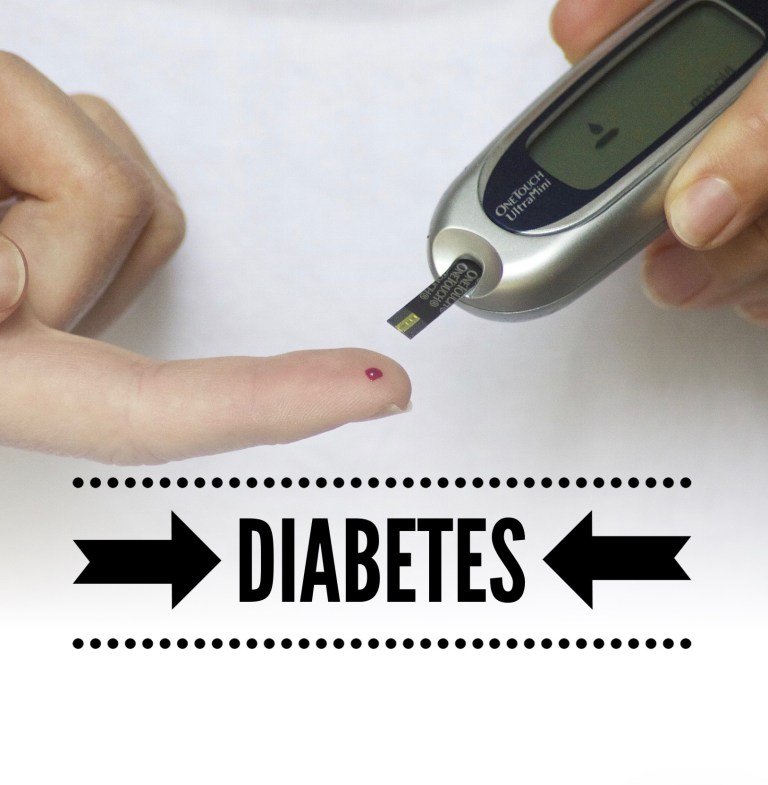Diabetes is often misunderstood. This may be because of the two main varieties – which the causes are quite different. Or are they?
Diabetes is often misunderstood. This may be because of the two main varieties – which the causes are quite different. Or are they?
Type 1 Diabetes is an autoimmune problem.
The immune system attacks the and destroys the beta cells in the islets of the pancreas. Theories for the triggering of this overactive immune response include genetics, virus-induced, and environment. Very rarely is a baby born with T1D.
T1D is usually diagnosed in children and young adults. Epidemiological studies have shown rates to be steadily rising ~3% per year. (Scientists are unsure of reason)
Those that I know with T1D (and their families) are on an endless pursuit for a cure while trying to educate others. People with T1D often are not overweight (some are quite thin actually) and did not eat themselves into a carb or sugar loaded oblivion to have this horrible disease inflicted upon them. Something went wrong with their pancreas. However, because diabetes is largely considered by the public a self-imposed disease of over-indulgence, T1D patients and families often get frustrated at having to constantly delineate the difference to advice-givers.
The pancreas does not produce insulin (or very little) in T1D.
T1D is not reversible – yet
Promising research on blueberries and a high fat diet was conducted in May 2019. They found that a high fat diet coupled with blueberries may induce regeneration of islet cells (beta cells).
Type 2 Diabetes:
Type 2 Diabetes (T2D) is a different diagnosis. It is caused by poor eating habits.
Too much insulin is circulating with T2D and the receptors can’t “grab” it. T2D is often termed “insulin resistant”, where as T1D would be insulin deficient/absent.
T2D can be well-controlled with diet. Traditionally, counting carbohydrates and avoiding sugar have been the first line of defense for both T1D and T2D. Unfortunately, using carbohydrate counts on a food label are not reliable. Did you know the RDA allows for a +/- 20% difference in accuracy (this is for all metrics on foods)? In this article, carbohydrates and calories were most often miscalculated by as much at 40-55%! This means if the label reported 100 calories and 20 carbs, it could mean upwards of 150+ calories and 30+ carbohydrates!
For someone counting carbohydrates to determine how much life-saving insulin is needed, this could have lethal consequences.
Two uncommon diabetic “types”:
Type 1.5 and Type 3 are the lesser known types of diabetes. Like T1D and T2D, these two are autoimmune diseases and have disorder glucose management by the body.
Type 1.5 Diabetes, “Latent Autoimmune Diabetes” (LADA), has a slow onset and shares features of T1D and T2D. It is often misdiagnosed as T2D, but those with the diagnosis will eventually need daily insulin. Someone with abnormal blood glucose levels and at a healthy weight may have Type 1.5 Diabetes.
Type 3 Diabetes is the proposed name for Alzheimer’s Disease. The resulting dementia is thought to be triggered by poor blood glucose management. T3D is a type of insulin resistance (like T2D) and an insulin like growth factor dysfunction that occurs specifically in the brain. Because any form of untreated diabetes can cause problems with the blood vessels, calling Alzheimer’s Disease the diabetes of the brain is a logical conclusion.
All forms of diabetes have the potential for increased systemic inflammation from the unregulated blood glucose. Reducing carbohydrate intake, like in a Ketogenic diet, may be useful. While such a diet will not eliminate the need for exogenous insulin for T1D, it can reduce the amount needed, and decrease overall inflammation. Speak with your healthcare professional to see if this would benefit you.
Watch this week’s video HERE
Subscribe (and turn on alerts) for Up 2 Date Nutrition on YouTube
For further reading on possible causes of T1D that science is exploring:
The Role of T-cells in Pathogenesis of T1D
T-cell mediated beta cell destruction
References:
https://www.pregnancybirthbaby.org.au/diabetes-in-young-children
https://www.niddk.nih.gov/health-information/diabetes/overview/what-is-diabetes
https://jme.bioscientifica.com/view/journals/jme/51/1/R1.xml
https://nutritionandmetabolism.biomedcentral.com/articles/10.1186/s12986-019-0363-6
https://www.ncbi.nlm.nih.gov/pmc/articles/PMC3605747/
https://www.healthline.com/health/type-1-5-diabetes#symptoms
https://www.healthline.com/health/type-3-diabetes#the-link
https://journals.sagepub.com/doi/abs/10.1177/193229680800200619


Comments